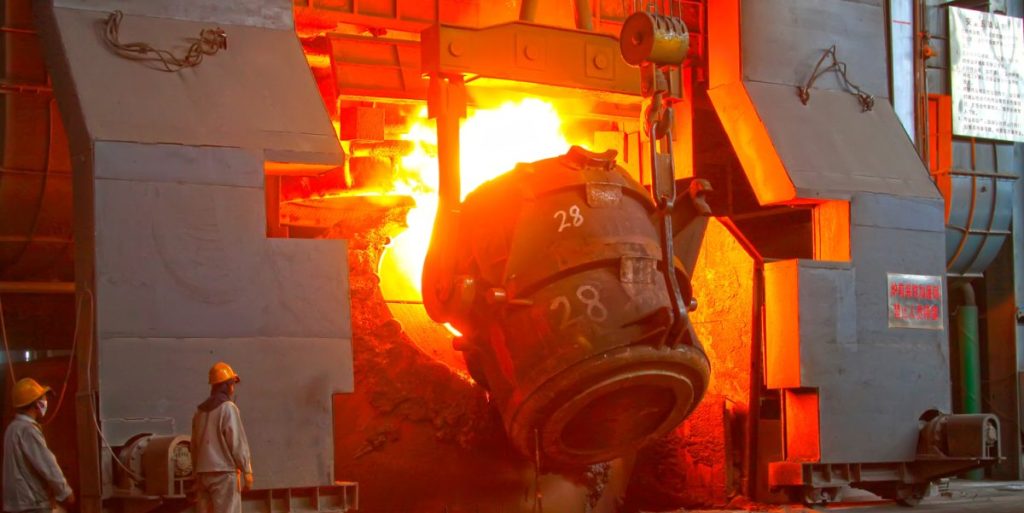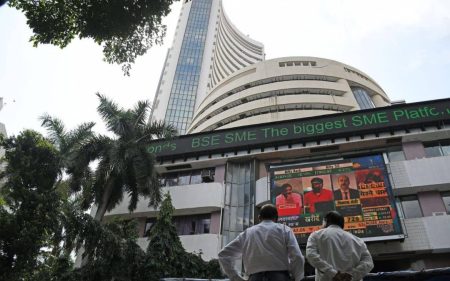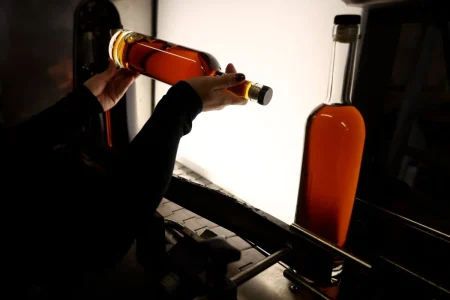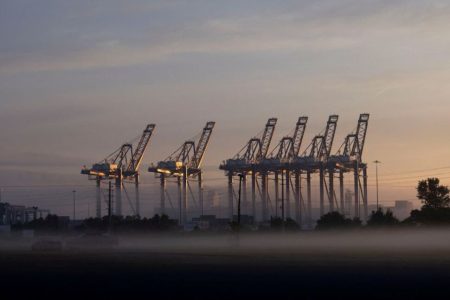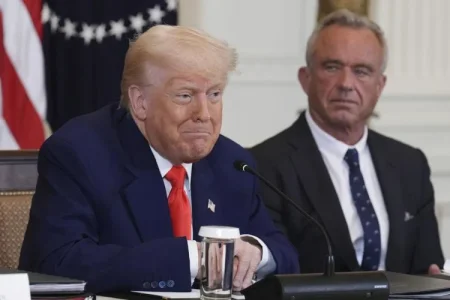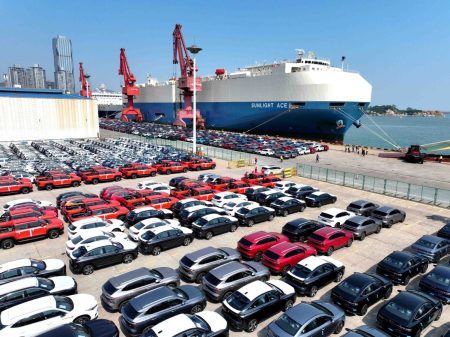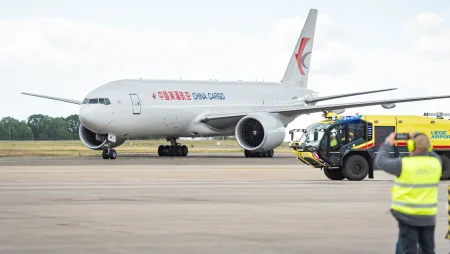The Organisation for Economic Cooperation and Development (OECD) has warned that Chinese state subsidies for steel producers are distorting the global steel market. These subsidies are also harming investments needed to reduce carbon emissions. China remains the world’s largest steel producer, making over a billion tonnes in 2024. However, slower demand at home, especially because of problems in the property sector, has led Chinese companies to increase their steel exports to other countries.
The OECD’s Steel Outlook 2025 report explains that global steel trade is being influenced by factors outside of normal market forces. Chinese steel producers benefit from subsidies that are five times higher than the average in other countries. These subsidies helped China’s steel exports more than double since 2020. In 2024, Chinese steel exports reached a record 118 million tonnes, while steel imports into China fell nearly 80 percent to just 8.7 million tonnes. This shift is causing big challenges for steelmakers in other countries. They face falling exports and a rise in cheaper steel imports from China.
Steel imports have grown sharply in many regions over the past four years. The European Union and the UK saw a 13 percent rise, Japan and South Korea 18 percent, North America 40 percent, Turkey 52 percent, South America 60 percent, and Oceania 77 percent. Emerging markets such as North Africa, the Middle East, and Southeast Asia are also affected. These regions have their own steel oversupply and are exporting more steel to developed countries because their local demand is shrinking.
The oversupply of steel has led to more trade defense actions. In 2024, 19 governments started 81 anti-dumping investigations into steel products, which is five times more than the previous year. Almost 80 percent of these investigations targeted exporters from Asia, with China involved in over a third. This has caused protectionist measures. Earlier this year, the United States imposed a 25 percent tariff on all imported steel. In the UK, emergency laws were passed in April to nationalize the last remaining blast furnaces after British Steel, owned by a Chinese company, said it could not keep operating profitably.
The OECD also warned that cheap steel hurts efforts to meet climate goals. The steel industry is responsible for about eight percent of global carbon dioxide emissions. Market distortions make it harder for producers to invest in cleaner technologies. The OECD report calls for global cooperation to reduce steel overcapacity and make trade fairer. It says steelmakers will struggle to stay profitable until the issue is fixed.





